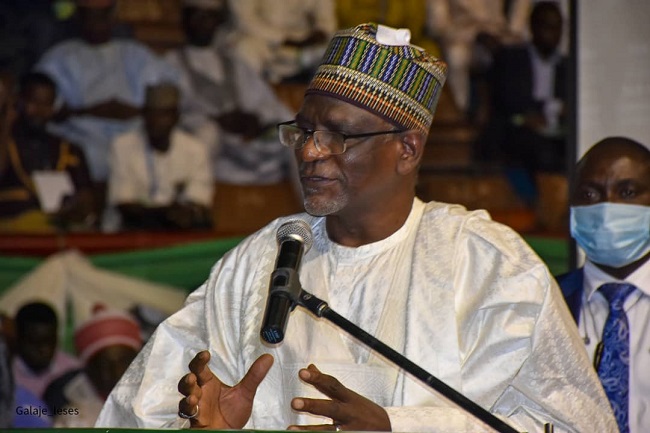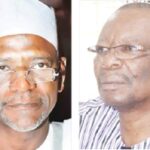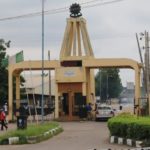THE Federal Government has directed quality assurance evaluators to sanction schools not complying with set standards and implementation of basic education curriculum.
It has also called on stakeholders in the education sector to develop innovations aimed at promoting quality education and repositioning the sector to meet international best practices.
Permanent Secretary, Ministry of Education, Mr Andrew Adejo, spoke in Keffi, Nasarawa State while declaring open a two-day conference of Directors of Federal Education Quality Assurance Services and Coordinating Evaluators of the 36 states and the Federal Capital Territory (FCT).
The conference was organised to generate ideas towards strengthening the quality of education in the country.
Adejo stressed that the concept of Education Quality Assurance and its strategies remain vital if the nation will maintain standards in schools and that the process through which this could be done is by regular and continuous monitoring (inspection) and supervision of schools to enhance the quality of teaching and learning.
He added that such supervision should also be supported by consequence management for compliance and non-compliance.
“Quality evaluation of curriculum implementation in our schools will enhance the stability of the nation, ensure social and financial security, encourage self-dependence, create employment opportunities for all and promote technological advancement of the country.
Adejo emphasised the need for effective synergy among stakeholders to build professional skills and develop competency that would add value to the sector.
Earlier, the director, Federal Education Quality Assurance Services (FEQAS), Mr Adegboye Adebola, expressed optimism that the conference would produce a new road map that would consistently support and improve the performance of teachers and leaders in the country.
He said that the purpose of the annual conference was to generate ideas, share knowledge, peer-review and strategise on how to strengthen and improve education quality assurance activities across the nation.
“Discussions and technical sessions will also centre on process review, practices and contemporary/emerging issues in EQA activities across the globe with a view to improving policies, processes and practices,” Adejo added.
The Commissioner for Education, Nasarawa State, Hajia Fati Sabo, represented by the permanent secretary in the ministry, Mohammed Sani Bala, commended the organisers for the laudable initiative and pledged the state’s collaboration towards advancing the sector.
In a remark, the representative of the director, United Nations Educational Scientific and Cultural (UNESCO) regional office, Dr Stephen Onyekwelu, who highlighted some of the organisation’s support to the education sector in Nigeria, reiterated the commitment of UNESCO in promoting quality programmes.
“Starting from the ministerial strategic plan of 2019-2020, UNESCO played a very good role in bringing the document even the update, we collaborated with the ministry in the project of 2010-2016 that targeted out of school children, under spotlight initiative which l manage, UNESCO has done a lot of things, the spotlight funded by EU and technical support from UN.”
WATCH TOP VIDEOS FROM NIGERIAN TRIBUNE TV
- Let’s Talk About SELF-AWARENESS
- Is Your Confidence Mistaken for Pride? Let’s talk about it
- Is Etiquette About Perfection…Or Just Not Being Rude?
- Top Psychologist Reveal 3 Signs You’re Struggling With Imposter Syndrome
- Do You Pick Up Work-Related Calls at Midnight or Never? Let’s Talk About Boundaries






